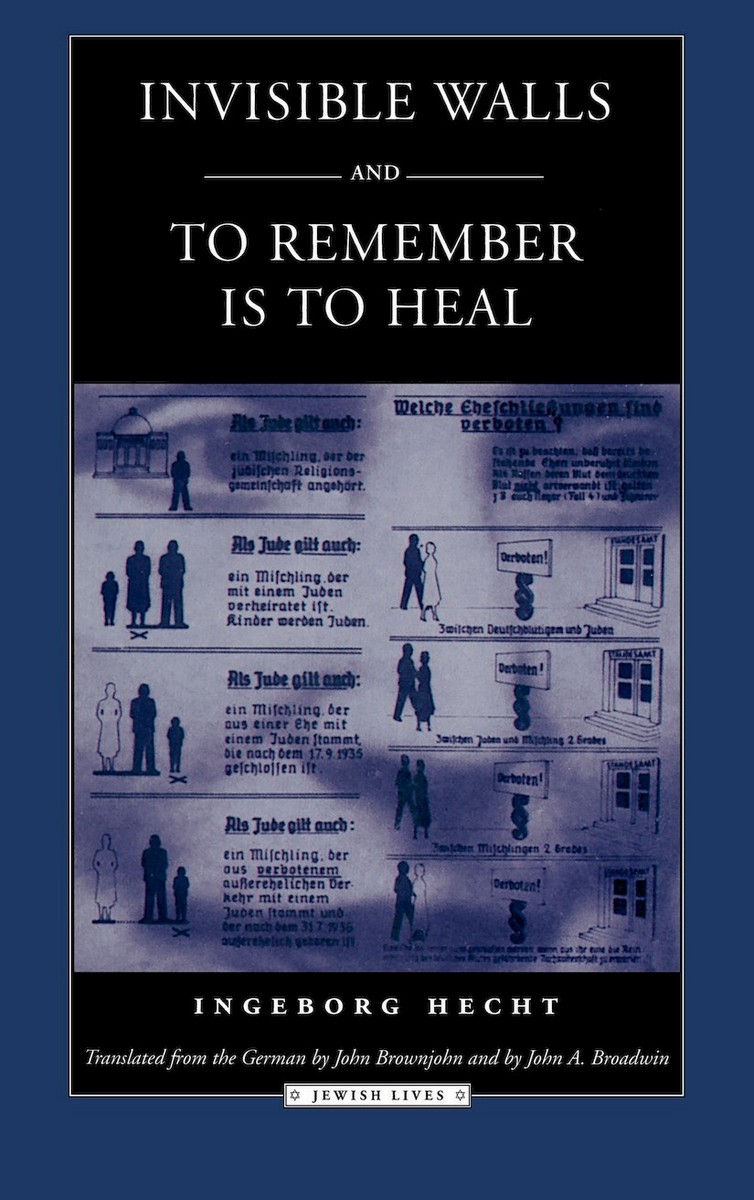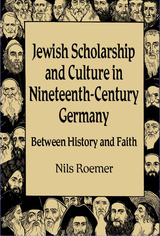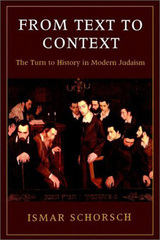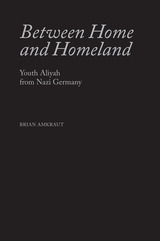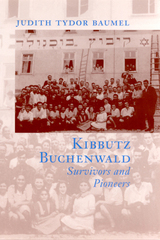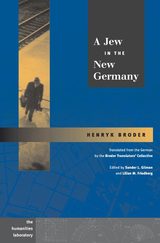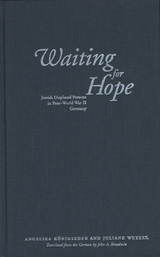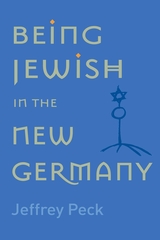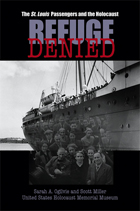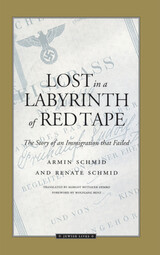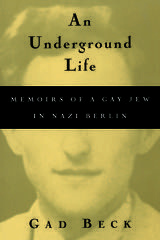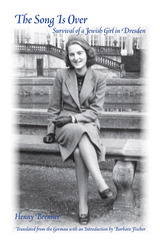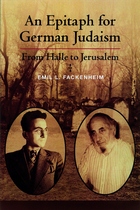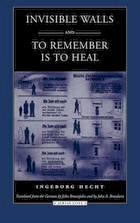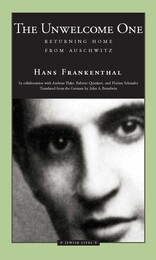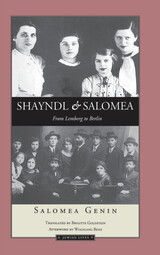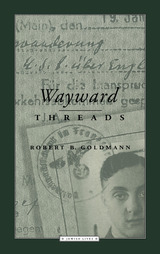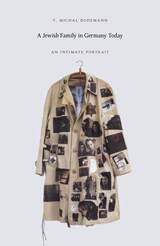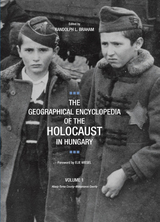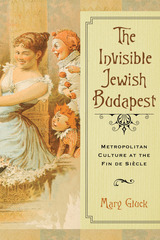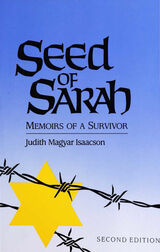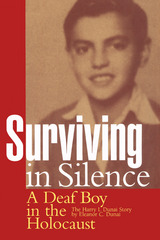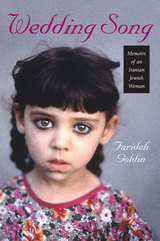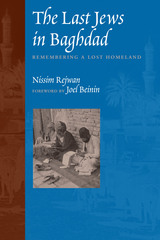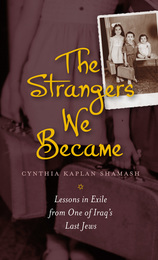Invisible Walls and To Remember is to Heal: A German Family under the Nuremberg Laws
Northwestern University Press, 1999
Paper: 978-0-8101-1371-8
Library of Congress Classification DS135.G5F39413 1999
Dewey Decimal Classification 940.5318092
Paper: 978-0-8101-1371-8
Library of Congress Classification DS135.G5F39413 1999
Dewey Decimal Classification 940.5318092
ABOUT THIS BOOK | AUTHOR BIOGRAPHY | REVIEWS | TOC | REQUEST ACCESSIBLE FILE
ABOUT THIS BOOK
Ingeborg Hecht's father, a prosperous Jewish attorney, was divorced from his titled German wife in 1933—two years before the promulgation of the Nuremberg Laws—and so was deprived of what these laws termed "privileged mixed matrimony." He died in Auschwitz. His two children, called "half-Jews," were stripped of their rights, prevented from earning a living, and forbidden to marry.
In Invisible Walls, Hecht writes of what it was like to live under these circumstances, sharing heartbreaking details of her personal life, including the loss of her daughter's father on the Russian front; the death of her own father after his deportation in 1944; and her fears of perishing coupled with the shame of faring better than most of her family and friends. This new volume adds the first translation of part of Hecht's second book, To Remember is to Heal, a collection of vignettes of encounters and experiences that resulted from the publication of the first.
In Invisible Walls, Hecht writes of what it was like to live under these circumstances, sharing heartbreaking details of her personal life, including the loss of her daughter's father on the Russian front; the death of her own father after his deportation in 1944; and her fears of perishing coupled with the shame of faring better than most of her family and friends. This new volume adds the first translation of part of Hecht's second book, To Remember is to Heal, a collection of vignettes of encounters and experiences that resulted from the publication of the first.
See other books on: 1933-1945 | Broadwin, John A. | Brown, John | Heal | Holocaust, Jewish (1939-1945)
See other titles from Northwestern University Press
